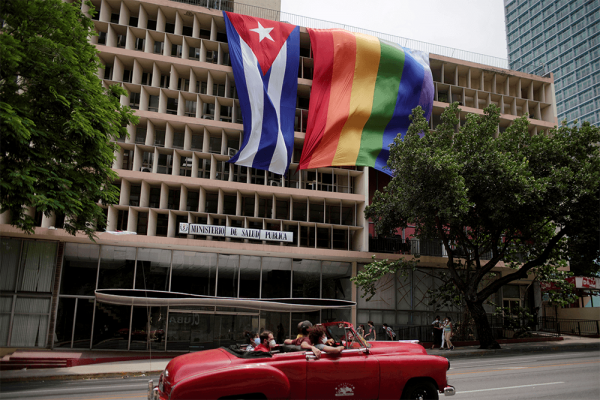Oct 7, 2022
Cubans celebrated the results of a landmark referendum on Sept. 25 that legalized same-sex marriage, redefined the legal family, expanded rights for the elderly and children, and more.
Read the Full Article

Already a subscriber? Login
